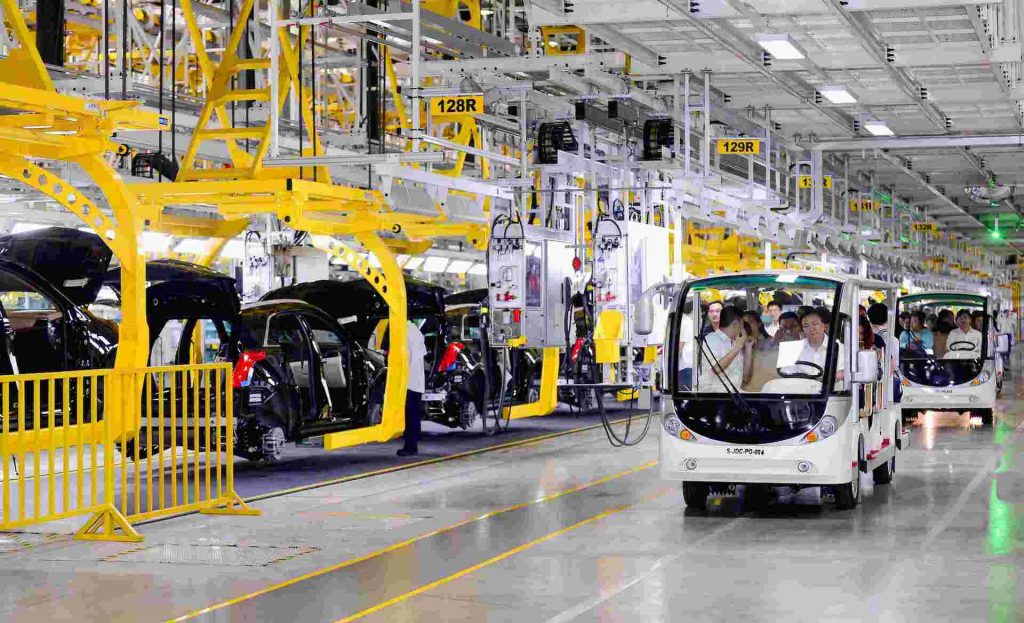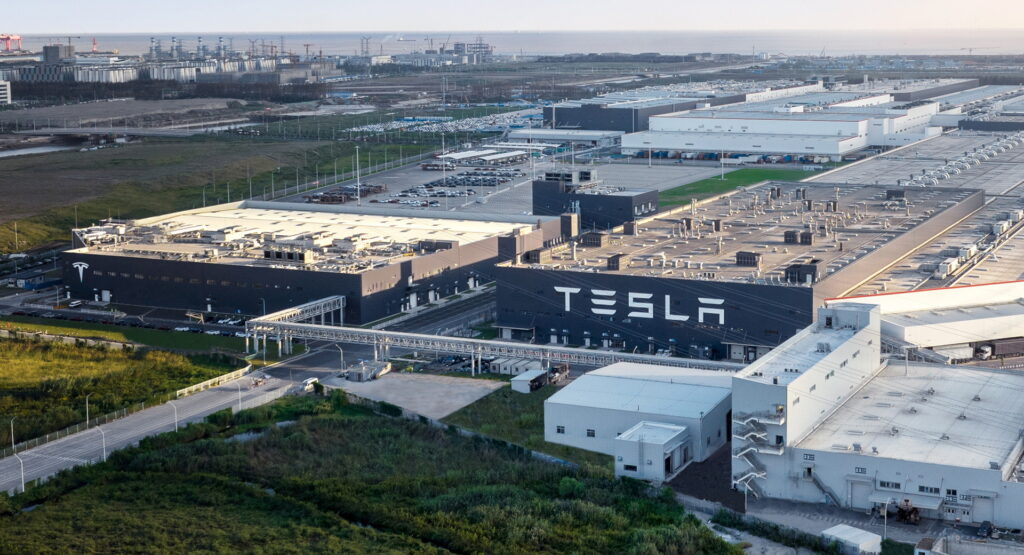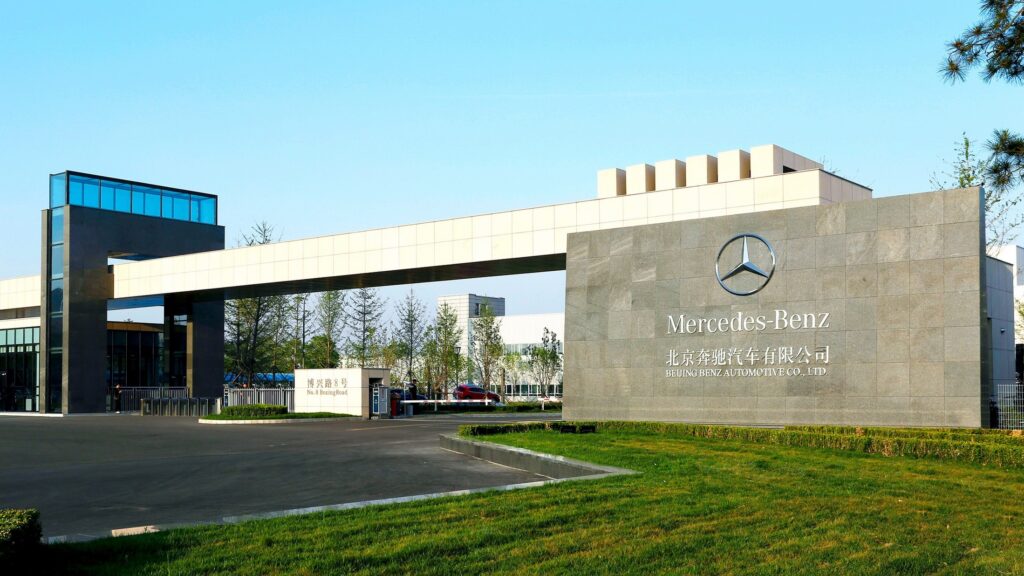Lawmakers in the United States say that vehicles using parts from the Xinjiang region of China should not be sold locally.
The United States has banned the import of forced-labor goods from Xinjiang due to China’s treatment of its Uyghur Muslim minority. Senate Finance Committee chair Ron Wyden recently wrote to General Motors, Tesla, Honda, Ford, Toyota, Volkswagen, Stellantis, and Mercedes-Benz and asked them about their Chinese supply lines and any relationships in the Xinjiang region.
In the letter, Wyden asked the carmakers if they had ever canceled or curtailed the use of any supplier “because of its use of raw materials, mining, processing, or parts manufacturing linked to Xinjiang?”

“Unless due diligence confirms that components are not linked to forced labor, automakers cannot and should not sell cars in the United States that include components mined or produced in Xinjian,” Wyden added.
Wyden addressed the eight major car manufacturers after a report from the UK’s Sheffield Hallam University said that “heightened scrutiny” was needed to ensure that the mining of raw materials and production of automotive parts did not involve Uyghur forced labor. The report found evidence that carmakers were using metals, batteries, wiring, and wheels made Xinjiang or sourcing from companies that used Uyghur workers in other regions of China.
Read: VW Denies Claims Of Forced Labor At SAIC Joint Venture Plant In Xinjiang
Responding to Nikkei Asia for comment on the letter, General Motors said its supplier contracts forbid the use of any “forced or involuntary labor,” adding that it “conducts extensive due diligence, particularly where we identify or are made aware of potential violations of the law, our agreements, or our policies.”
“I recognize automobiles contain numerous parts sourced across the world and are subject to complex supply chains,” Wyden added in his letter. “However, this recognition cannot cause the United States to compromise its fundamental commitment to upholding human rights and U.S. law.”
The U.S. State Department asserts that more than 1 million Uyghurs are held alongside other minorities in roughly 1,200 state-run internment camps in Xinjiang, The Wall Street Journal reports.




